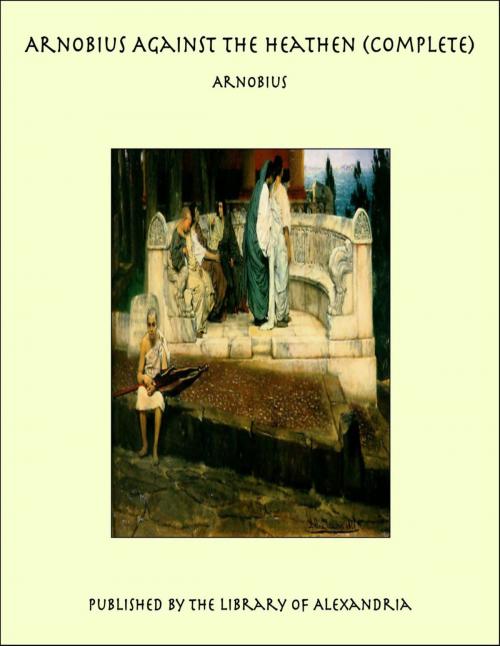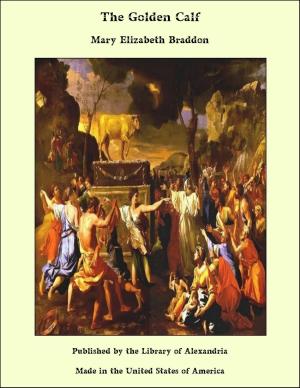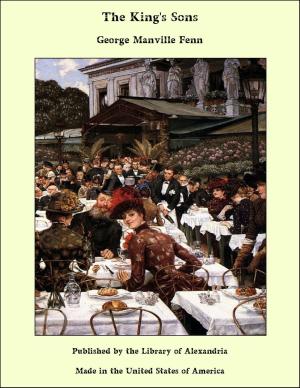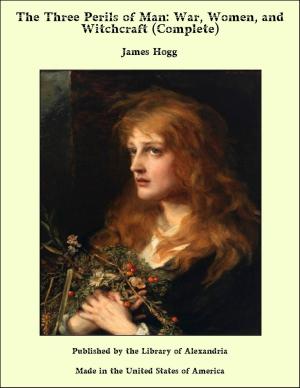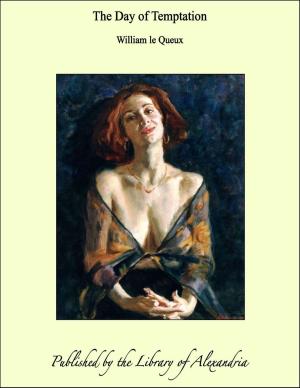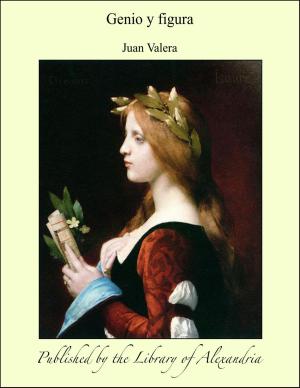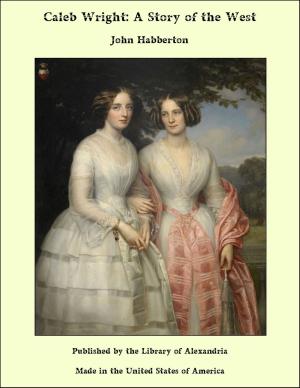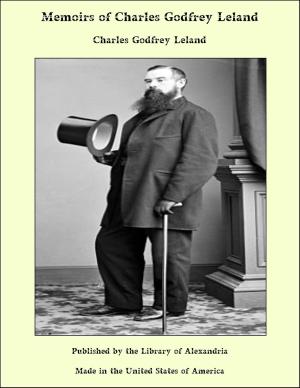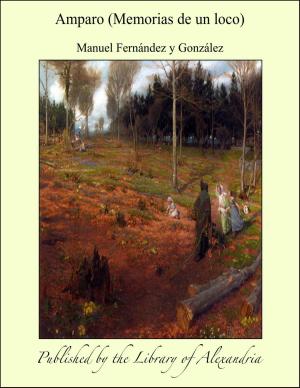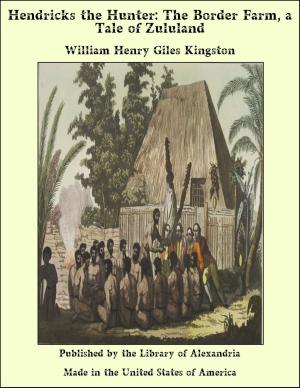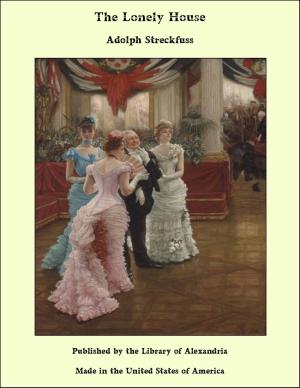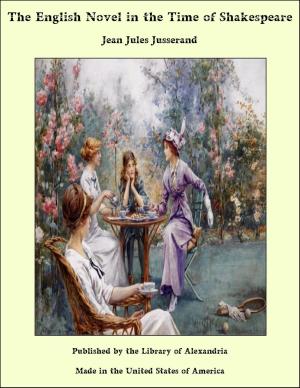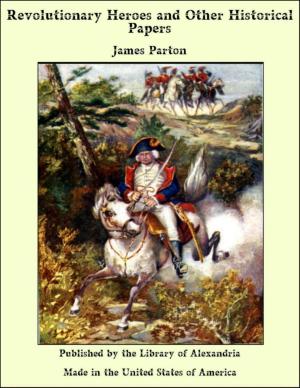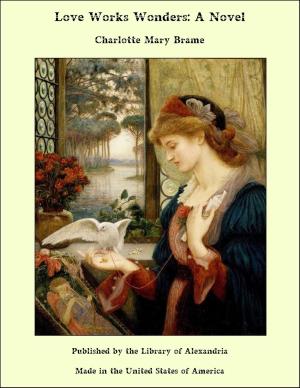Arnobius Against the Heathen (Complete)
Nonfiction, Religion & Spirituality, New Age, History, Fiction & Literature| Author: | Arnobius | ISBN: | 9781613108826 |
| Publisher: | Library of Alexandria | Publication: | March 8, 2015 |
| Imprint: | Language: | English |
| Author: | Arnobius |
| ISBN: | 9781613108826 |
| Publisher: | Library of Alexandria |
| Publication: | March 8, 2015 |
| Imprint: | |
| Language: | English |
In our author rises before us another contributor to Latin Christianity, which was still North-African in its literature, all but exclusively. He had learned of Tertullian and Cyprian what he was to impart to his brilliant pupil Lactantius. Thus the way was prepared for Augustine, by whom and in whom Latin Christianity was made distinctly Occidental, and prepared for the influence it has exerted, to this day, under the mighty prestiges of his single name. TRANSLATOR’S INTRODUCTORY NOTICE. One or two facts, however, are made clear; and these are of some importance. “But lately,” he says, “O blindness, I worshipped images just brought from the furnaces, gods made on anvils and forged with hammers: now, led by so great a teacher into the ways of truth, I know what all these things are.”(9) We have thus his own assurance of his conversion from heathenism. He speaks of himself, however, as actually a Christian,?not as a waverer, not as one purposing to forsake the ancient superstitions and embrace the new religion, but as a firm believer, whose faith is already established, and whose side has been taken and stedfastly maintained. In a word, he refers to himself as once lost in error, but now a true Christian. However distorted such tales might be, there would always remain in them the evidence of so exalted nobility of spirit, that every disclosure of the meanness and baseness of the old superstition must have induced an uneasy feeling as to whether that could be impiety which ennobled men,?that piety which degraded them lower than the brutes
In our author rises before us another contributor to Latin Christianity, which was still North-African in its literature, all but exclusively. He had learned of Tertullian and Cyprian what he was to impart to his brilliant pupil Lactantius. Thus the way was prepared for Augustine, by whom and in whom Latin Christianity was made distinctly Occidental, and prepared for the influence it has exerted, to this day, under the mighty prestiges of his single name. TRANSLATOR’S INTRODUCTORY NOTICE. One or two facts, however, are made clear; and these are of some importance. “But lately,” he says, “O blindness, I worshipped images just brought from the furnaces, gods made on anvils and forged with hammers: now, led by so great a teacher into the ways of truth, I know what all these things are.”(9) We have thus his own assurance of his conversion from heathenism. He speaks of himself, however, as actually a Christian,?not as a waverer, not as one purposing to forsake the ancient superstitions and embrace the new religion, but as a firm believer, whose faith is already established, and whose side has been taken and stedfastly maintained. In a word, he refers to himself as once lost in error, but now a true Christian. However distorted such tales might be, there would always remain in them the evidence of so exalted nobility of spirit, that every disclosure of the meanness and baseness of the old superstition must have induced an uneasy feeling as to whether that could be impiety which ennobled men,?that piety which degraded them lower than the brutes
